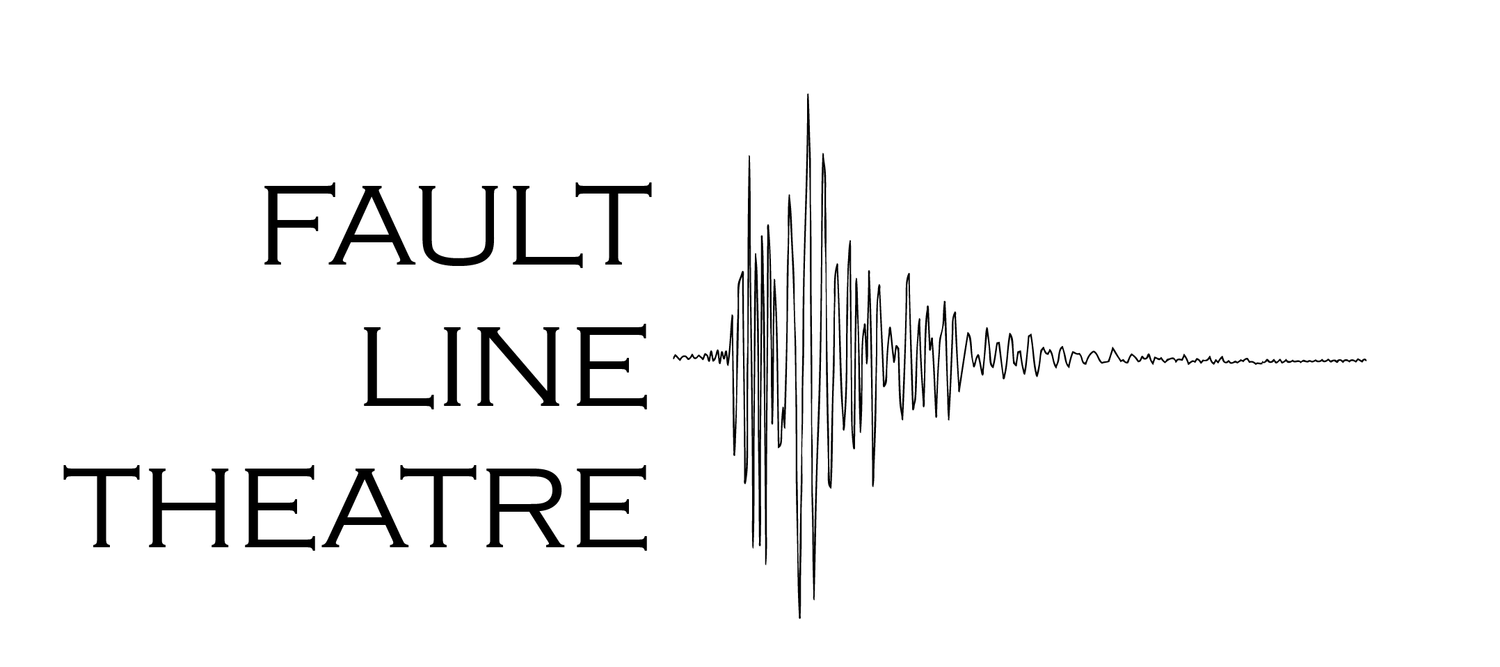TheaterMania gave our production of Michael Perlman's From White Plains an excellent review today!
From White Plains
By: Dan Bacalzo
This outstanding new play approaches the timely topic of the bullying of gay teenagers with both complexity and empathy.
The bullying of gay teenagers has received an enormous amount of media attention in the last couple of years, so it’s no surprise that the subject is the focus of an increasing number of artistic works. The latest is the outstanding new play, From White Plains , now at La Tea Theatre at CSV Cultural Center , which explores the topic with both complexity and empathy.
This Fault Line Theatre production is conceived and directed by Michael Perlman and written and developed in collaboration with the company. The timely piece — which was created in four months — raises provocative questions about how one accepts responsibility for past actions, and what it takes to move ahead into a possibly better future.
As the play begins, Ethan Rice (Aaron Rossini) and his best friend John (Craig Wesley Divino) have been watching the Oscars and are in shock when Ethan is mentioned in one of the winner’s acceptance speeches. He’s been named as a man who bullied Mitchell Cole, the now deceased best friend of filmmaker Dennis Sullivan (Karl Gregory) when they were all in high school years ago. In his speech, Dennis goes on to say,
I hope this film helps all the Ethan Rices of the world see the effect they are having, and the Mitchell Coles of the world know they are not alone. So that maybe a few more of them see that life is worth living.
Ethan’s initial astonishment is soon replaced by a mixture of anger, fear, and regret. He makes an Internet video apologizing for his past behavior, prompting Dennis to do his own video questioning Ethan’s sincerity. More videos follow as Ethan’s personal and professional life comes apart and Dennis’ anger shows no signs of abatement.
Dennis’ boyfriend Gregory (Jimmy King) tries to get his lover to ease up, not understanding why Dennis can’t move beyond the past. Meanwhile, John finds himself distancing himself from his best friend, and Ethan discovers that there are still traces of his bullying past that creep into his everyday conversations, particularly when it comes to off-hand remarks that come across as anti-gay.
What makes the play so engrossing is that it develops each of these four characters’ perspectives enough to make it crystal clear why they behave like they do, even when that behavior may initially come across as unwise or unreasonable. In particular, a late-in-the-play speech from Dennis when he finally confronts Ethan face-to-face is gut-wrenchingly revelatory about why he’s having such a hard time forgiving his former classmate.
The four-person cast works well as an ensemble, and each brings a distinct, multi-layered characterization to his individual role. Perlman stages the piece with efficiency, and the action is well paced throughout its 90-minute running time.

